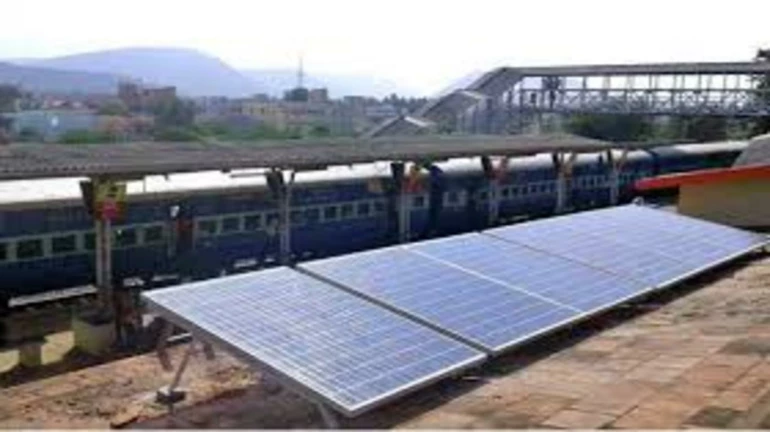
A major initiative has been launched by the Maharashtra government to install solar-powered high-mast lights and water heaters in hostels and residential schools under the Department of Social Justice and Special Assistance. An allocation of ₹23.24 crore has been made for the project, and tenders have been invited for the installation of these systems. It has been stated in an official Government Resolution (GR) that the objective of this initiative is to provide uninterrupted lighting and hot water to students residing in these institutions.
It has been explained that frequent power outages have disrupted the daily lives of students, often affecting their ability to study and access hot water for personal use. By implementing solar technology, a sustainable and reliable energy source has been aimed at. Additionally, special emphasis has been placed on ensuring that hostel premises remain well-lit throughout the night, particularly for the safety of female students. The need for enhanced security measures has been highlighted in the GR, where concerns about insufficient lighting in these institutions have been raised.
Despite the intended benefits of the project, concerns have been expressed by student activists regarding the prioritization of such an expenditure while several fundamental issues remain unresolved. It has been pointed out by Kuldeep Ambekar, a student activist from Students Helping Hand, that essential facilities such as clean drinking water, nutritious food, and proper living conditions have not been adequately addressed. It has been argued that rather than focusing on solar infrastructure, resources should have been allocated toward improving these immediate necessities.
In addition to infrastructure concerns, financial inconsistencies in the management of hostel funds have been highlighted. It has been noted that while students are entitled to receive a maintenance allowance, the disbursement of these funds has frequently been delayed. Officials from the department have cited budget constraints as the reason for these delays, yet the availability of a substantial sum for the solar project has raised questions. It has been stated by critics that hostel residents had not demanded solar panels, making the decision appear disconnected from the actual needs of students.
The hostels and residential schools under the Department of Social Justice and Special Assistance have been designed to accommodate students from socioeconomically disadvantaged backgrounds who require lodging while pursuing education in urban or distant areas. According to official records, a total of 443 hostels are currently operational, out of which 288 are located in government-owned buildings. Additionally, 93 residential schools have been established, collectively providing shelter to approximately 58,400 students, including 43,800 in hostels and 14,600 in residential schools.
While the transition to solar-powered systems has been projected as an eco-friendly and long-term solution for student welfare, growing dissatisfaction has been observed among hostel residents who continue to struggle with more pressing concerns. The debate over the proper allocation of resources has intensified, with student voices calling for a reassessment of priorities in order to address urgent infrastructural shortcomings before focusing on renewable energy initiatives.





